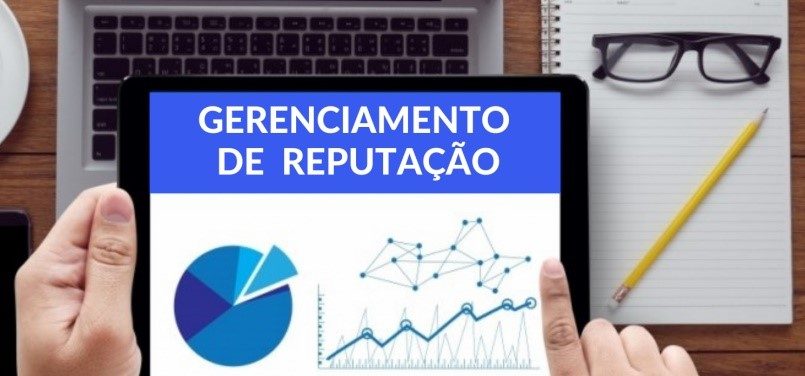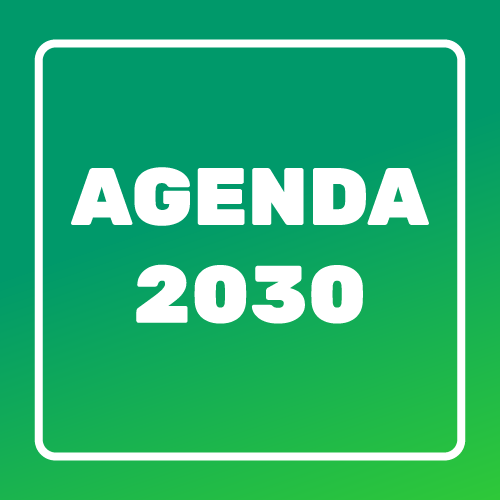How the emergence of information bubbles and political polarization can impact the reputation of companies
Brand reputation is one of the most important indicators of a business’s future health. Thinking of the long term, it is as if it guaranteed “permission from society” for the company to continue operating, even in the worst scenarios. In other words, a good reputation prevents image crises and boycotts from society, which impacts companies’ financial results.
When I started my career 20 years ago, one could manage a reputation by simply following and maintaining a good relationship with four or five media outlets. Today, an assortment of information sources can impact a brand. In an increasingly polarized world dominated by social platforms, the image of a company is progressively influenced by public opinion – something previously built almost entirely by the action of the press.
Today, opinion leaders and political entities are strategic audiences that greatly influence the process of building public opinion and, consequently, brand reputations. Therefore, it is essential to map their positions and effects on public spheres of networks, which we popularly call information bubbles or influence bubbles.
The 2022 presidential elections raised the tone of debates in a highly polarized environment, increasing the urgency of understanding the impact of bubbles of influence on the formation of public opinion. Communication’s role in managing corporate reputation becomes even more strategic.
The areas of communication and marketing of companies need to find ways to deal with the volume and complexity of the information brought by the new media. For this, it is vital to understand the effects of digital platform algorithms on the consumption of information and the building of public opinion.
This increases the demand for decision-making agility and adopting an analytical culture to work on brand reputation. In the context of the fast circulation of information in the digital environment, the adoption of technologies allows to generate actions or insights that are actionable and based on the themes considered strategic for the business.
But it is not enough to have access to technology. Communication professionals need to have an analytical capacity to track this information in quantitative and qualitative terms and at the speed that today can define a crisis or a critical communication opportunity.
So, to deal with the complexity of an environment dominated by ideological polarization and fragmented into bubbles of influence, it is necessary to innovate not only in using new tools but also in the way of working. A communication area with no clarity about the amount of information sources to be mapped does not understand how to use the technology in its favor and does not possess or develop an analytical culture for decision-making in its professionals will be unable to generate communication strategies that effectively work.
OTÁVIO VENTURA
Otavio Ventura is Offer Lead at Cortex, a leading company in Big Data and AI for Marketing and Sales in Latin America. With experience in the public relations and communication sector, he has worked at FSB Communication, Philip Morris International, and Schincariol Group. He holds a degree in advertising from PUC RJ and an MBA in Strategic Business Management from Ibmec.
ARTIGOS E COLUNAS
Paulo Nassar Os Sermões da Peroba e da Montanha: a força das narrativas da experiência na comunicaçãoIvana Oliveira Arreda! Amazônia, imprensa e a disputa por narrativas na COP30Leila Gasparindo Transformar exige comunicar: o papel essencial da liderança em tempos de mudança
Destaques
- Latam Regional Council of the Global Alliance Discusses AI, Data, and Business Impact
- The Aberje Network and Trade Tensions
- Global Alliance releases international pledge for responsible AI use in corporate communication
Notícias do Mercado
- Latam Regional Council of the Global Alliance Discusses AI, Data, and Business Impact
- The Aberje Network and Trade Tensions
- Global Alliance releases international pledge for responsible AI use in corporate communication
































